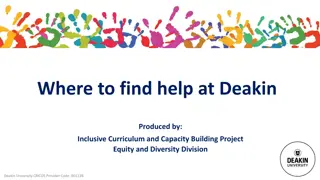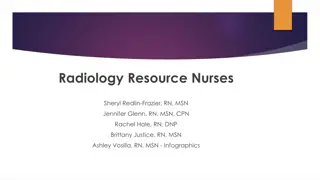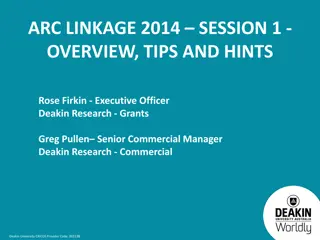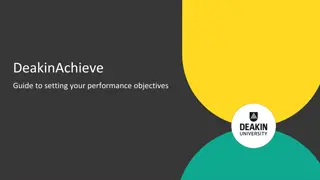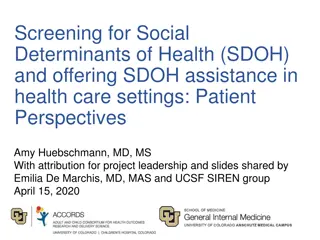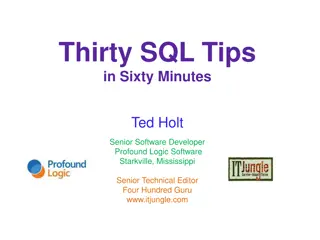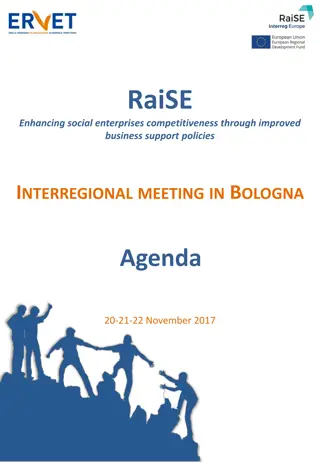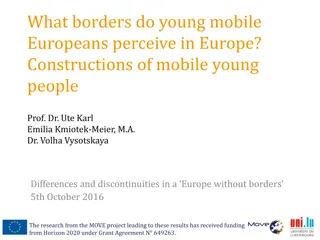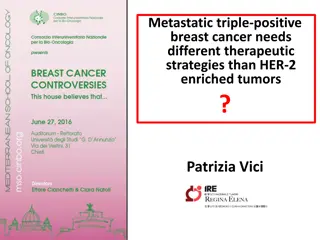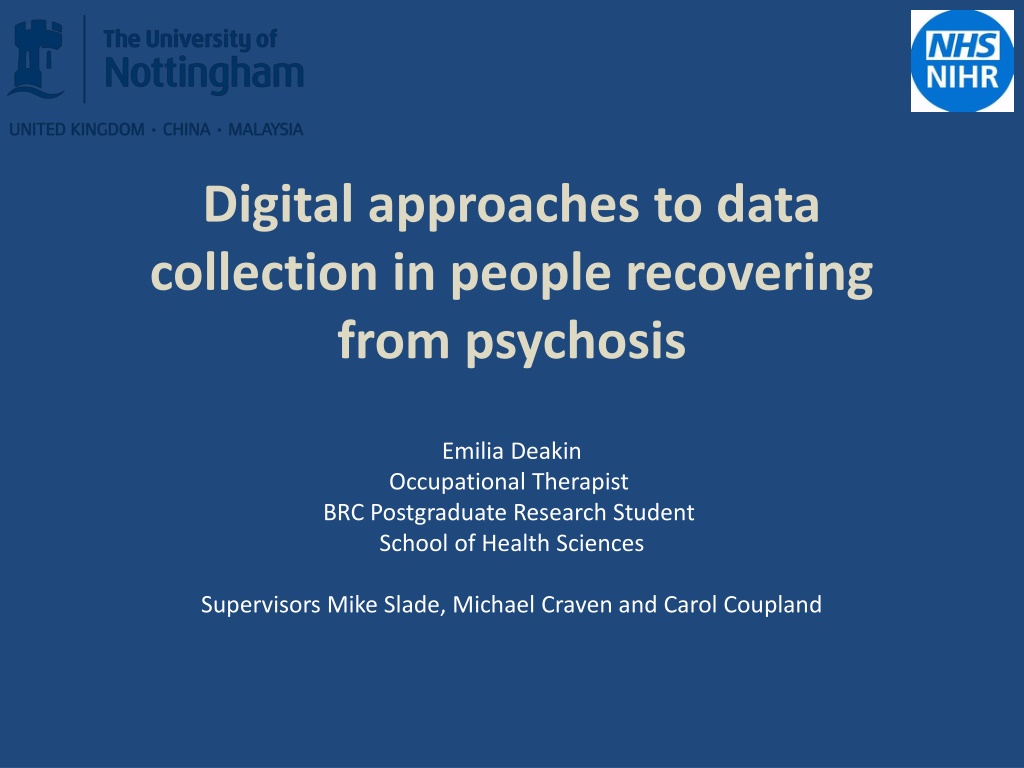
Digital Approaches to Data Collection in Psychosis Recovery
Explore how digital technology is used to collect data on the daily life of individuals recovering from psychosis, focusing on personal health tracking, lifelogging, and self-tracking devices. Discover the potential of these tools in enhancing patient self-care and personalized healthcare, as well as their feasibility and acceptability in the context of psychosis.
Download Presentation

Please find below an Image/Link to download the presentation.
The content on the website is provided AS IS for your information and personal use only. It may not be sold, licensed, or shared on other websites without obtaining consent from the author. Download presentation by click this link. If you encounter any issues during the download, it is possible that the publisher has removed the file from their server.
E N D
Presentation Transcript
Digital approaches to data collection in people recovering from psychosis Emilia Deakin Occupational Therapist BRC Postgraduate Research Student School of Health Sciences Supervisors Mike Slade, Michael Craven and Carol Coupland
Background The UNFOLD study : How does identity as a person recovering from psychosis unfold over time?
Aim of literature review Appraise existing digital technology use as an approach to collecting data about the daily life of people living with psychosis.
Context The NHS aims to make better use of digital technology and data (NHS, 2019). Size of the market for health Apps will increase to 460 million in 2020 (Statistica, 2019).
Literature from 3 areas: 1 Personal health tracking 2 Lifelogging 3Quantified self
Self-tracking devices indicate a future in which individuals will become more involved in the management of their own health (Sharon, 2017). New healthcare models are emerging to extend and supplement traditional healthcare models and empower patient self-care (Swan, 2009). Expected to play a key role in the move toward Personalized Healthcare (PHC) (Flores et al., 2013).
Personal health tracking in psychosis Health tracking and monitoring of symptoms in real time is popular (Firth and Torous, 2015) Broad scope of clinical applications of personal health tracking for this client group (Naslund et al., 2015). Feasibility and acceptability consistently strong across all studies (Naslund et al., 2015)
Level of data capture: Lifelogging Lifelogging is the process of carrying out different types of digital self- tracking and recording of everyday life (Selke, 2016).
Data use: The Quantified Self A class of practices that help people to collect and reflect on personal information (Choe et al., 2014).
Model of lived informatics (Epstein et al., 2015).
References Anthony, W.A., 1993. Recovery from mental illness: the guiding vision of the mental health service system in the 1990s. Psychosocial rehabilitation journal, 16 (4), p.11. CHOE, E. K., LEE, N. B., LEE, B., PRATT, W. & KIENTZ, J. A. Understanding quantified-selfers' practices in collecting and exploring personal data. The 32nd annual ACM conference on Human factors in computing systems, New York, 2014. ACM, 1143-1152. FIRTH, J. & TOROUS, J. (2015). Smartphone apps for schizophrenia: a systematic review. JMIR mHealth and uHealth 4(3). FLORES, M., GLUSMAN, G., BROGAARD, K., PRICE, N. D. & HOOD, L. (2013). P4 medicine: how systems medicine will transform the healthcare sector and society. Personalized medicine 6(10): 565-576. K4HEALTH. (2018). mHealth Compendium Database[Online]. https://www.mhealthknowledge.org/resources/mhealth- compendium-database: Johns Hopkins Bloomberg School of Public Health's Center for Communication Programs. [Accessed 3/9/2018 2018]. Mittelstadt, B., Fairweather, N.B., McBride, N. and Shaw, M., 2013. Privacy, risk and personal health monitoring. In ETHICOMP 2013 conference proceedings (pp. 340-351). NASLUND, J. A., ASCHBRENNER, K. A., BARRE, L. K. & BARTELS, S. J. (2015). Feasibility of popular m-health technologies for activity tracking among individuals with serious mental illness. Telemedicine and e-Health 3(21): 213-216. NHS (2019). The NHS long term plan ROOKSBY, J., ROST, M., MORRISON, A. & CHALMERS, M. C. Personal tracking as lived informatics. Proceedings of the 32nd annual ACM conference on Human factors in computing systems, 2014a. ACM, 1163-1172. SELKE, S. (2016). Lifelogging: Digital self-tracking and Lifelogging-between disruptive technology and cultural transformation, New York: Springer. SELLEN, A. J. & WHITTAKER, S. (2010). Beyond total capture: a constructive critique of lifelogging. Communications of the ACM. New York ACM. STATISTICA. (2019). Estimated growth of health apps and wearable device markets in the United Kingdom [Online]. https://www.statista.com/statistics/641336/uk-estimated-market-growth-of-wellness-and-fitness-apps-and-wearable-devices/.
Thank you! Emilia.deakin@nottingham.ac.uk






